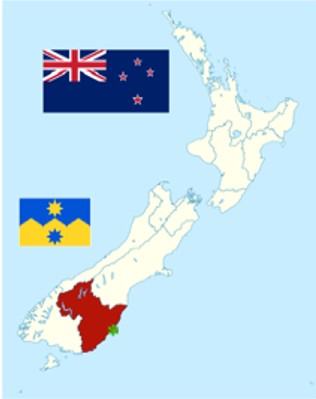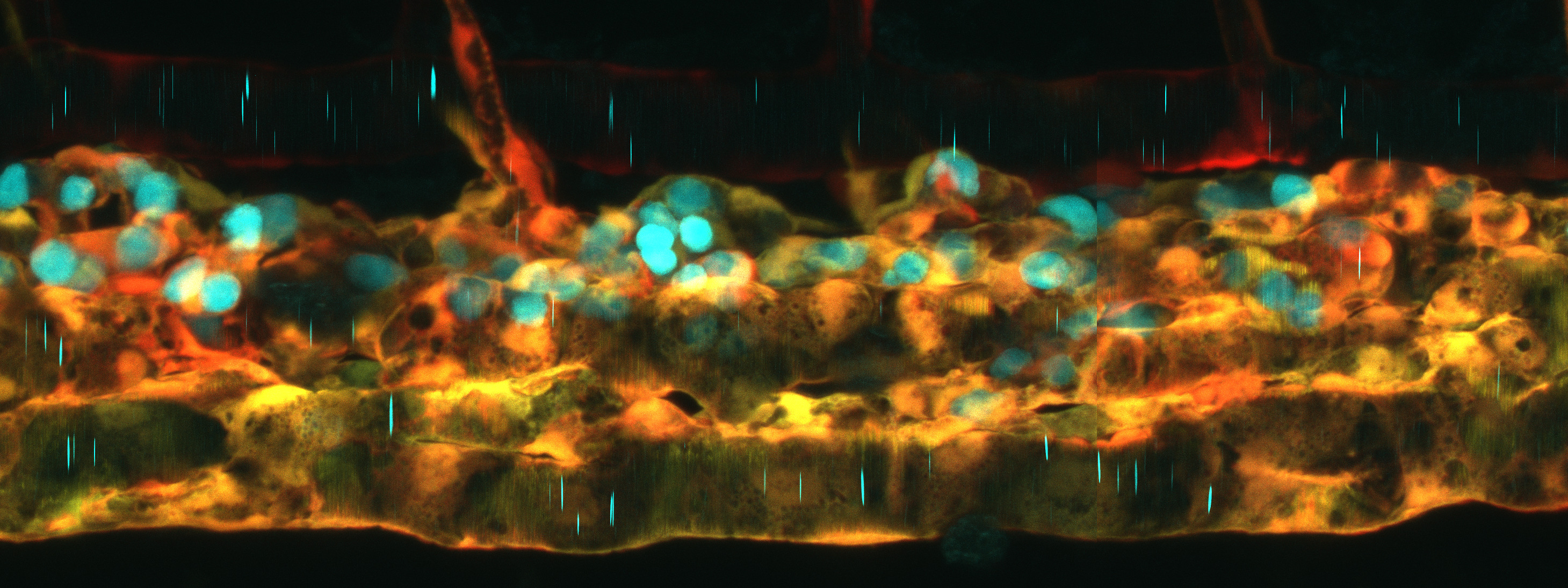FISHues Around the World
FISHues Around the World
 New Zealand is a country filled with beautiful places and with friendly, fun people. One of those people is Dr. Megan Leask Ph.D., a Lecturer in the Department of Physiology at the University of Otago in Dunedin on Ta Waipounamu, (the South Island of New Zealand). The University of Otago is home to some 20,000 students as well as to the Otago Zebrafish Facility (OZF).
New Zealand is a country filled with beautiful places and with friendly, fun people. One of those people is Dr. Megan Leask Ph.D., a Lecturer in the Department of Physiology at the University of Otago in Dunedin on Ta Waipounamu, (the South Island of New Zealand). The University of Otago is home to some 20,000 students as well as to the Otago Zebrafish Facility (OZF).
Megan’s research uses the zebrafish to model non-coding genetic causes of human metabolic disease. She works to assign functions to genetic variants associated with human disease using bioinformatics, zebrafish transgenesis and cell culture assays. Interestingly, she also works with Māori and Pacific genetic data to identify clinically relevant genetic variants that are unique to Māori and Pacific people. The long-term outcome of her work has the potential to reduce health disparities and improve genetic equity in these population groups, by ensuring that the inherent right of Indigenous populations to be involved in genetics research is respected. Equally important is that Indigenous populations are represented so they aren't excluded from any biological insights or health outcomes that are gained from genetics research. Of course, for zebrafish, this brings to mind projects such as The Model Organisms Screening Center (MOSC) for the Undiagnosed Diseases Network (UDN). And, most recently, the International Rare Disease Research Consortium (IRDiRC) has launched a “Task Force to tackle the health inequity faced by Indigenous people, and to improve access to rare disease diagnosis and research by Indigenous people” (1).
Megan came to work on zebrafish almost by accident. She explains that Postdoctoral funding is tight in New Zealand, and she was invited to be a post doc by her mentor Dr. Julia Horsfield, the Director of the OZF. “I did not have many options, but in the end, I did fall in love with working with fish. The microscope room is my happy place,” she says. Megan now shares this love of fish with her 4th year undergraduate honors student and her two PhD students.
Like at many universities in the Southern Hemisphere, Megan tells us that funds for basic research are extremely limited, especially in comparison to Europe and the USA. In general, scientific research in New Zealand is funded through government entities with main funding institutes being The Health Research Council, The Royal Society and Ministry of Innovation Business and Employment. Megan’s mentor, Julia Horsfield, tells us that establishing the OZF was difficult. Julia had to apply to several different funding sources and the facility was completed in stages depending upon her success (the Otago Zebrafish Facility is a Tecniplast system, built by technicians who traveled from Italy for the installation). Microscopes and injection equipment were also acquired in stages with different external and internal grants. And as for many of us in the South, equipment maintenance is a challenge, so the Otago researchers must find local solutions for parts and repairs. Says Megan: “as researchers we are highly innovative, resourceful and collaborative because the limited funding in NZ for research requires us to be”.
Like in most places throughout the world, obtaining zebrafish lines is not easy in New Zealand. Julia tells us that the biosecurity laws are incredibly strict in New Zealand, so zebrafish imports are expensive and require time-consuming paperwork. Megan faces these difficulties by working directly with couriers to get all the required documents in place. Even with her best efforts, there can be significant delays in getting fish imported. However inter-continent communication does exist, and Megan tells us that being close to Australia means that she can cooperate with Australian zebrafish users who have similar import regulations.
As someone who has visited this region of New Zealand I can vouch for Megan’s description of the region’s beauty and the friendliness of the people. Next time I will check out the Zebrafish Group at Otago University!
Many thanks to Megan and Julia for their contributions to FISHues,
Kate Whitlock
Instituto de Neurociencia
Universidad de Valparaíso
Valparaíso, Chile
1. Advancing diagnosis and research for rare genetic diseases in Indigenous peoples. Nat Genet. 2024 Feb; 56(2): 189–193. doi: 10.1038/s41588-023-01642-1




